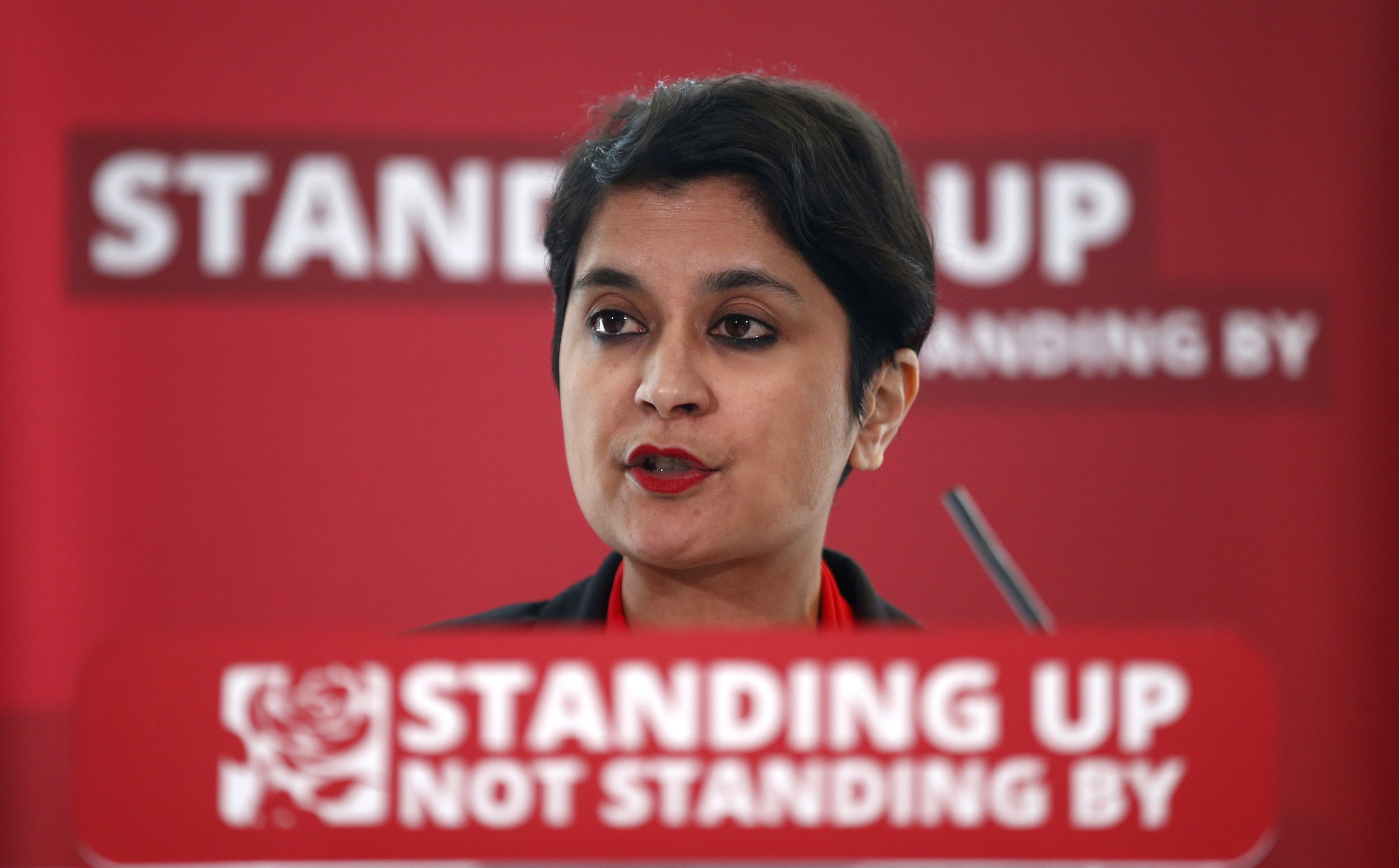
Labour is not an anti-Semitic party. But it does have a problem with anti-Semitism.
On the last day of the annual Labour Party conference Jackie Walker—vice chair of Momentum, a sort of left-wing version of the Tea Party—was heard to make a series of remarks that provoked controversy at an anti-Semitism training session.
She complained, the Huffington Post reported, that she had not been given a definition of anti-Semitism that she could "work with," that all London schools employed security (and therefore Jewish schools were not particularly vulnerable), and that Holocaust Memorial Day should be used to commemorate or campaign on other genocides or human rights abuses (it actually is).
So far, so playground. He-said, she said type stuff, and Jackie Walker promptly offered her excuses/apology. But this comes at the end of a year where the party has been forced to conduct an externally led inquiry into this issue. Accusations of anti-Semitism have been the even more discordant undertone to an already discordant period.
Many of the accusations center around the campaign group Momentum, which was set up as a grassroots campaign to support Corbyn's candidature for Labour leader and allegedly has members drawn from hard-left socialist groups.
Strictly speaking, I would say all political parties have an anti-Semitism problem. Go to any rockpool, turn over enough rocks and you'll find yourself a crab or a crank. Even the inoffensive Liberal Democrats have had their moments. But Labour seems to have a unique problem, and it has three parts.
The first is its history and doctrines, or, more to the point, those of the Marxist left. Marx's tract, On the Jewish Question, was a fine secular expression of the old anti-Semitic trope which identifies Jewishness with money making ("huckstering", in Karl's word). He said some far less polite things over the course of his career.
This is ancient history, and would hardly be worth mentioning if the Labour Party were not at a particular stage in its evolution where it has begun to indulge in all sorts of conspiracy theories, fretting in particular about the neo-liberal establishment. This is the political end of the feeling—now experienced by many people, and in many ways understandable—that the world is organized against them. The anti-establishment politics can be benign, even productive, but it is also fertile ground for all kinds of demagoguery.
The second problem is that, in many inner-city areas, Labour has deliberately built a base in quarters that are not sympathetic to the Jewish community. Bluntly, there are constituency Labour parties where it is very much in the interests of a candidate to tubthump about Israel and "the Jews." Naz Shah, MP for Bradford West, suggested on Twitter that the Israel-Palestine conflict could be solved if Israel were moved to the United States. She has since conceded that the comments were anti-Semitic. Ken Livingstone, former mayor of London, dug a very deep hole defending her, choosing that moment to mount the dubious claim that Hitler supported Zionism.
The third is that there are many in the Labour Party who are fiercely anti-Zionist. They want to raise (perfectly legitimate) questions about foreign policy and Israel's approach to defense, security and settlements. Given everything that has happened, this has to be a controlled and disciplined critique, and that is the last thing we could say about Ken Livingstone's from-the-hip historicising.
Nine out of every 10 Jewish people feel that the Labour Party is not doing enough to tackle anti-Semitism. Corbyn swept to the leadership of the Labour Party in search of a kinder, gentler politics. Such noble causes nearly always falter. At the moment, parts of the Labour Party are barely achieving civility.
Paul Bickley is director of political program at the think tank Theos.
Uncommon Knowledge
Newsweek is committed to challenging conventional wisdom and finding connections in the search for common ground.
Newsweek is committed to challenging conventional wisdom and finding connections in the search for common ground.
About the writer
To read how Newsweek uses AI as a newsroom tool, Click here.








